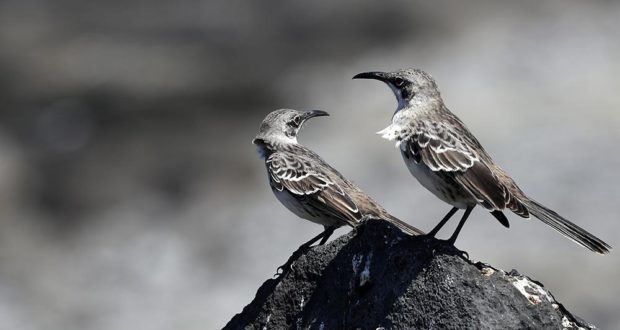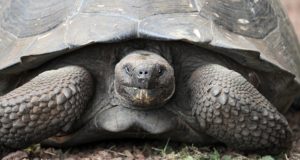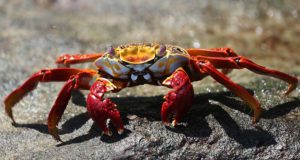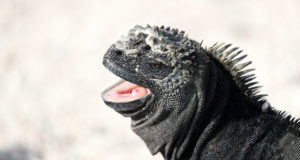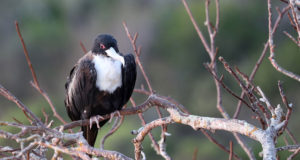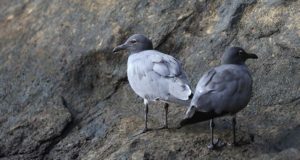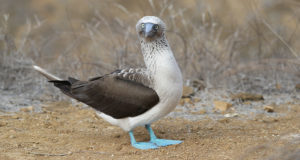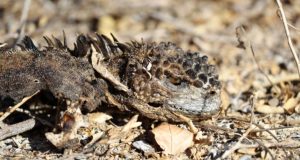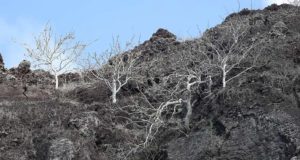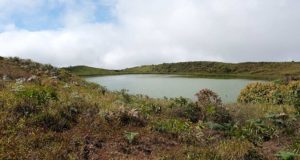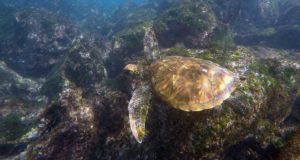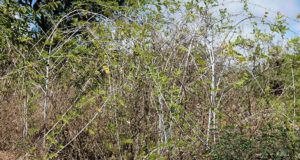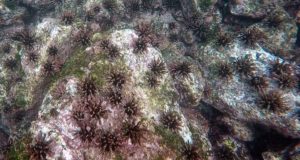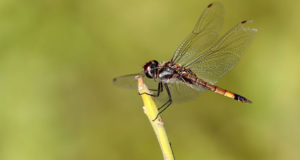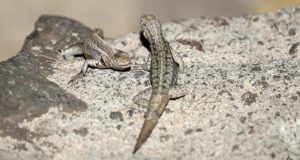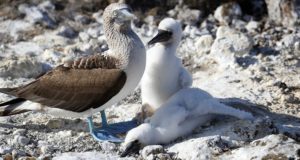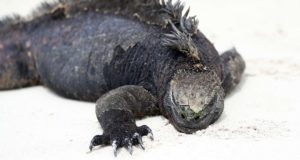Hundreds of thousands of tortoises once roamed the highlands.
Read More »In Darwin's footsteps
The dancing crabs of the Galapagos
You cannot miss the blazing bright red and yellow Sally Lightfoot Crabs.
Read More »Imps of darkness
These lizards with a face only a mother iguana could love are vegetarians that swim out to sea to feed on the algae below.
Read More »Frigatebirds
These pirates make their living plundering food from other birds as they return from feeding.
Read More »The importance of being dull
Birds, lizards and other wildlife in the Galapagos have adopted the basic color scheme of the islands - basaltic black and Palo Santo gray.
Read More »Species
-
The three Boobies
Punta Pitt on San Cristobal Island is the only place in the Galapagos where you can see all three species of boobies in one place.
Read More » -
Ants on a mission
-
Swimming with sharks
-
Schooling with the rays
-
Dolphin feeding frenzy
-
Familiar faces
-
The beach bums of the Galapagos
-
Getting the Galapagos’ goats
-
The motion in the brush ahead of you was a lava lizard
-
Red-billed Tropicbirds
-
Thar she blows!
-
Floating flocks of Shearwaters
-
Waved albatross
Geology
The El Nino massacre
In Houston, El Nino translates into a lot of rain. In the Galapagos, it spells death.
Read More »High but not dry
As you climb into the highlands, the landscape becomes lush, and a ghostly mist often hangs in the air.
Read More »Spatter cones
The diminutive craters that dot the eastern end of the island are a reminder of its volcanic origins.
Read More »Research
Inscrutable sea turtles of the Galapagos
Two species of sea turtle graze the fields of algae along the shores of San Cristobal Island.
Read More »Unwelcome guests
Invasive trees, goats, ants and other wildlife that have hitched a ride to the islands are thriving.
Read More »Counting sea urchins
Herds of Pencil Sea Urchins graze on the algae that clings to the rocks in the coastal shallows.
Read More »Biology 101
The precarious life of dragonflies
They need fresh water to breed, but there's nary a drop on most Galapagos Islands.
Read More »The fighting dance
Whether a pair of lizards, a couple of Mexican hogfish or two men out behind the bar, animals often circle each other as they fight.
Read More »Brother against brother
Sibling rivalries are serious - and deadly - for the chicks of some Boobies.
Read More »How iguanas eat, swim and stay warm
Galapagos marine iguanas are ectotherms that have to manage their surrounding environment to control their body temperature.
Read More »